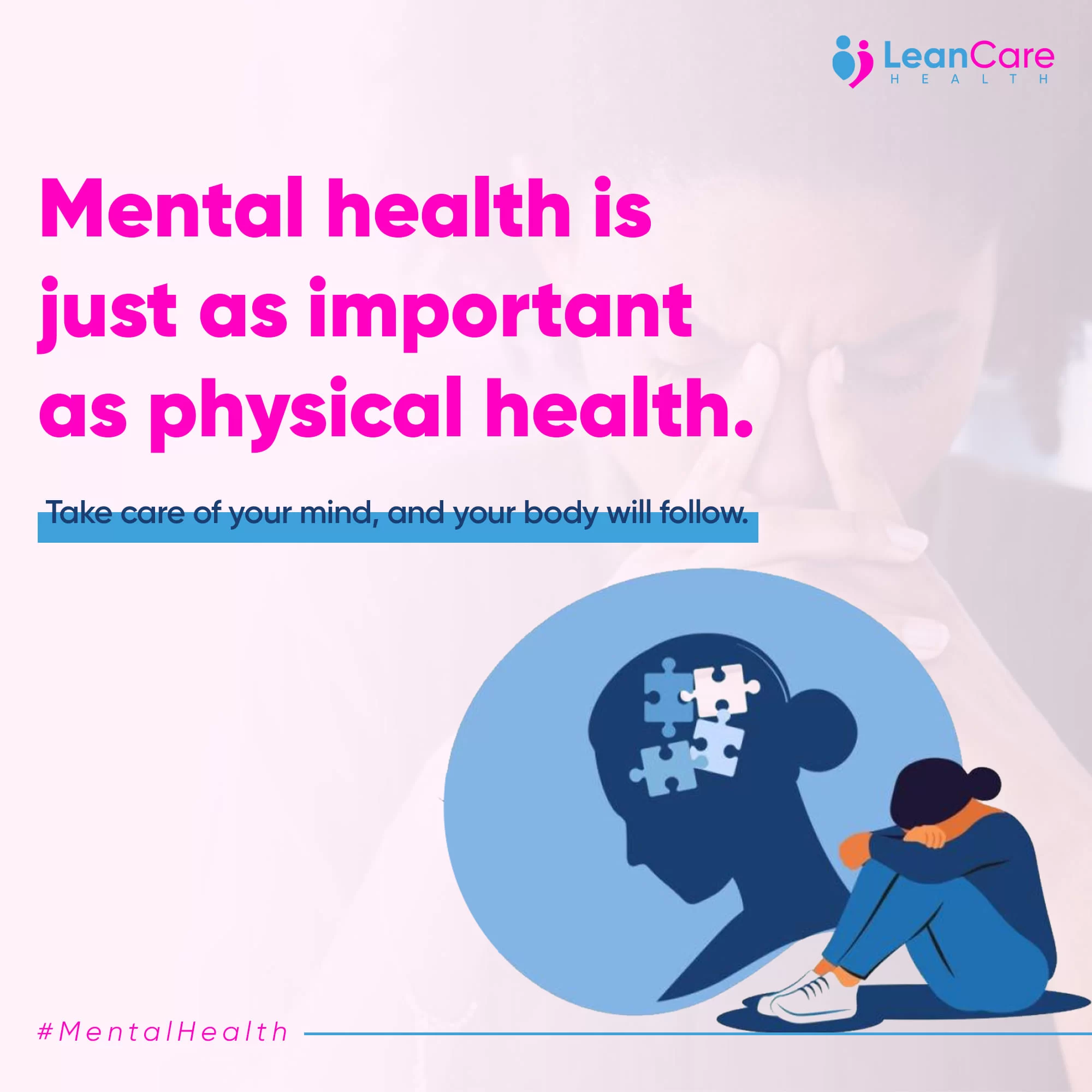Learn how to manage menopause symptoms effectively with lifestyle changes, diet tips, and medical options. Discover ways to stay healthy and balanced during this life stage.
A Personal Story: Maria’s Menopause Journey
At 51, Maria started experiencing intense hot flashes, mood swings, and trouble sleeping. Initially, she felt overwhelmed and unsure of how to cope. After consulting her doctor and making lifestyle changes, including a healthier diet and exercise routine, Maria managed her symptoms better. Her story is a testament to the importance of understanding menopause and taking proactive steps.
What Is Menopause?
Menopause is a physiological phenomenon signalling the end of a woman’s fertility, and it occurs within the age of 45-55 years. It is officially diagnosed if a woman has missed her periods for 12 or more consecutive months.
Common Symptoms of Menopause
- Hot Flashes: Flushing which is characterized by warmth, sometimes with sweating.
- Night Sweats: Night sweats that interfere with sleep.
- Mood Swings: Different mood states because of hormonal imbalances.
- Weight Gain: Thus, a slow metabolism rate may well present problems with overweight issues.
- Sleep Disturbances: Sleeping disorders include, but are not limited to, inability to sleep, staying awake, and staying asleep.
- Vaginal Dryness: Reduced estrogen levels can cause discomfort.
- Decreased Bone Density: The risk of bone fractures such as the condition of osteoporosis is also experienced.
Tips for Managing Menopause Symptoms
Adopt a Balanced Diet
- Eat More Phytoestrogens: Soy, flaxseed, and chickpeas for instance will act as some sort of estrogen mimicker in the body.
- Calcium and Vitamin D: Take your calcium through dairy products, green vegetables and foods that have been fortified with calcium.
- Limit Caffeine and Alcohol: These can also cause hot flashes and interfere with sleep.
Stay Physically Active
- Exercise benefits a person’s mood, bones, and weight regulation. Moderate activity, such as walking or yoga, should at least be 30 minutes a day.
Prioritize Mental Well-being
- Take a warm shower to relieve stress or anxiety, and to improve one’s mood.
Address Sleep Issues
- Develop a proper night regimen, control the temperature in your bedroom, and avoid the use of electronic devices half an hour before night to struggle with night sweats and insomnia.
Stay Hydrated
- Intake of fluids with refined sugar should be limited and ensure you take a lot of water to help you overcome some of the symptoms that may include bloated tummy and dry skin.
Consider Hormone Replacement Therapy (HRT)
- HRT can help energies be balanced and, in particular, hot flashes be reduced. It is advisable always to consult a health care provider in order for one to be determined whether to take it or not.
Explore Non-Hormonal Treatments
- For some symptoms, such as vaginal dryness, there are creams, vaginal lubricants and non-conventional therapy, mostly hormonal creams, herbs like black cohosh and acupuncture.
When to Seek Medical Advice
If the symptoms of menopause are disturbing your normal functioning, then you should see your doctor. Some symptoms that may warrant medical attention include; severe depression, severe bleeding, and sudden and unexplained weight loss.
Menopause is a natural phase of life, but its symptoms don’t have to disrupt your daily routine. By adopting healthy habits and exploring treatment options, you can navigate this transition with confidence and grace.
At LeanCare Health, we bring wellness, compassion & integrity to Healthcare. Contact us today at https://leancarehealth.com/contact-us/ and follow us on Facebook https://www.facebook.com/profile.php?id=61558545751469&sk=about and Instagram https://www.instagram.com/leancarehealth/ for more health tips and services.
